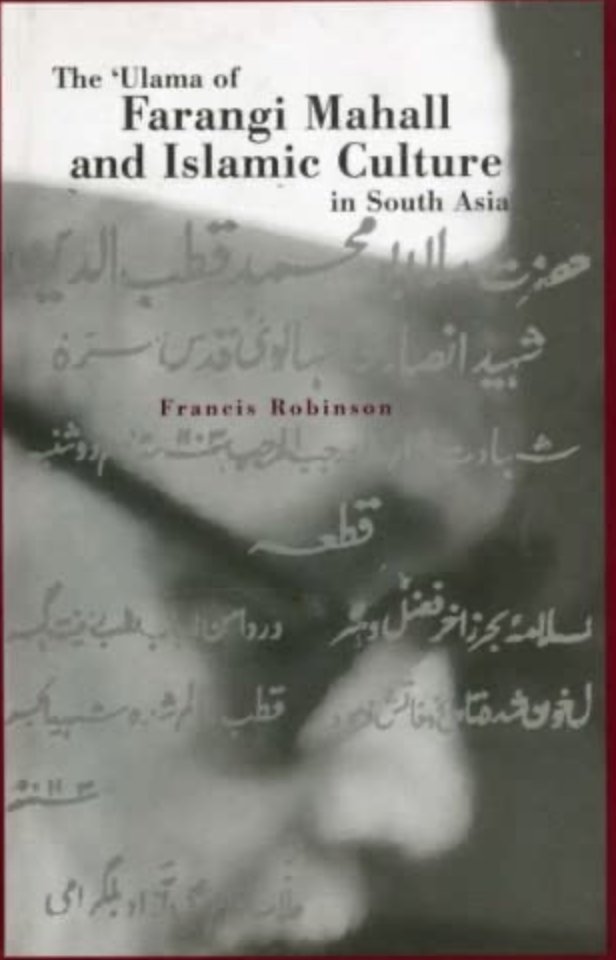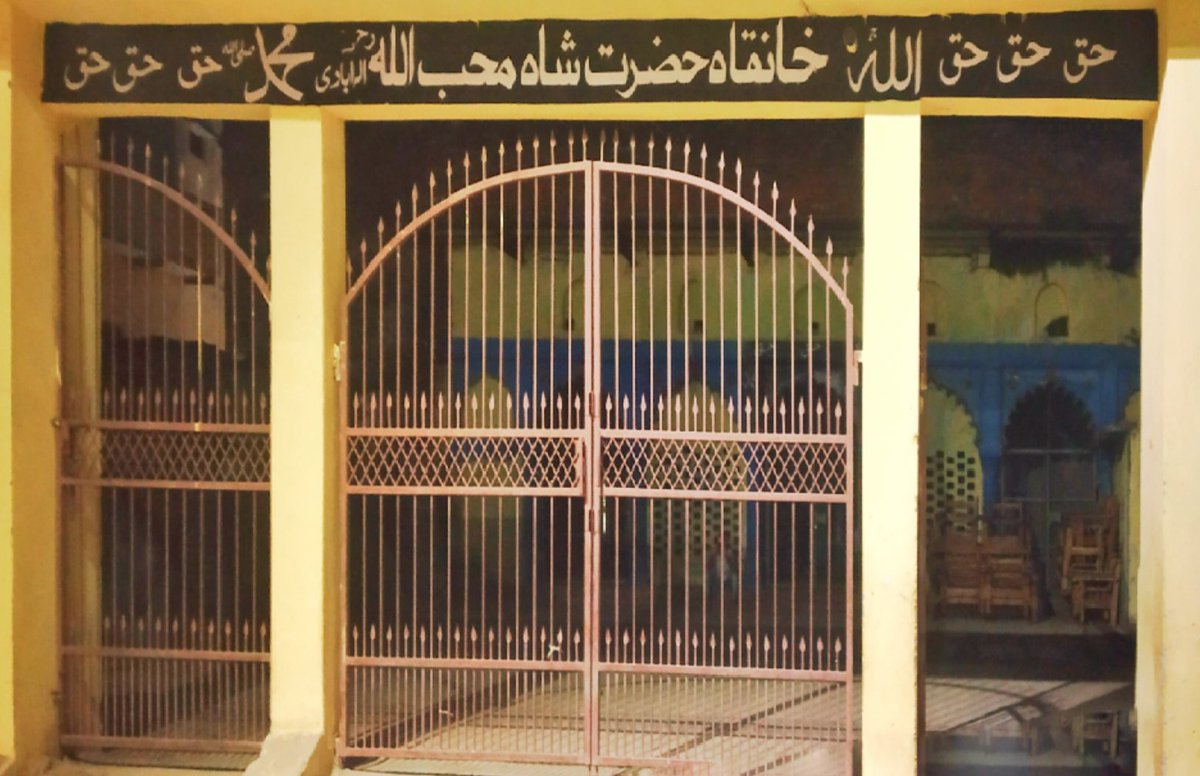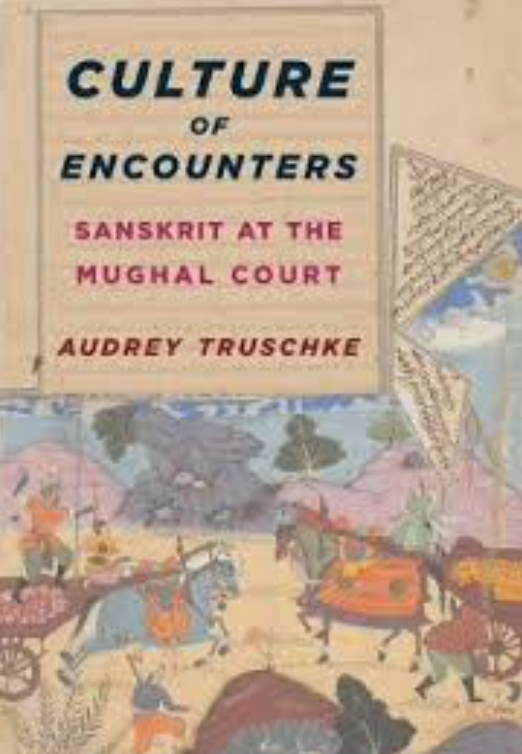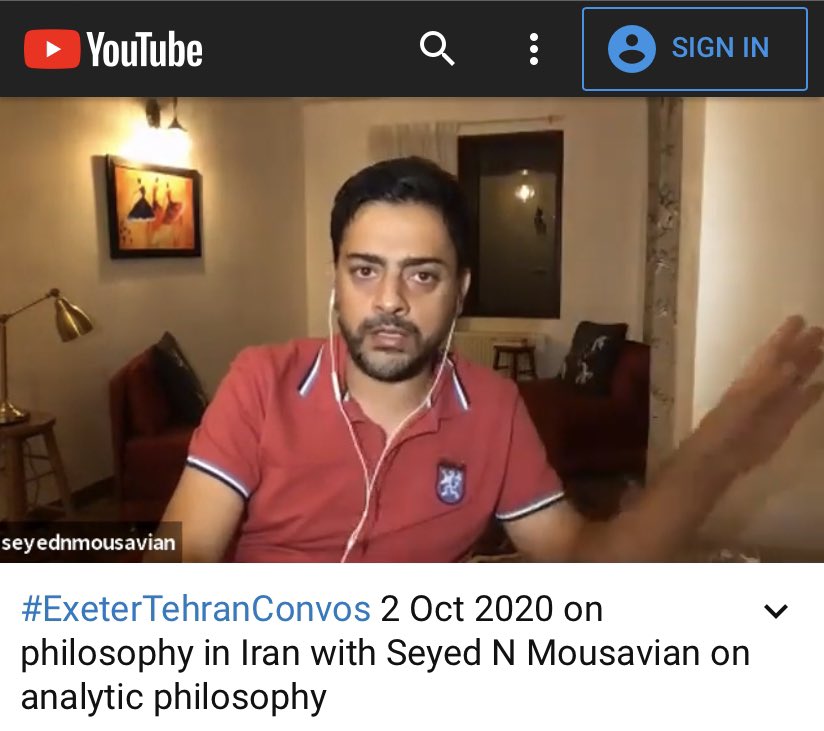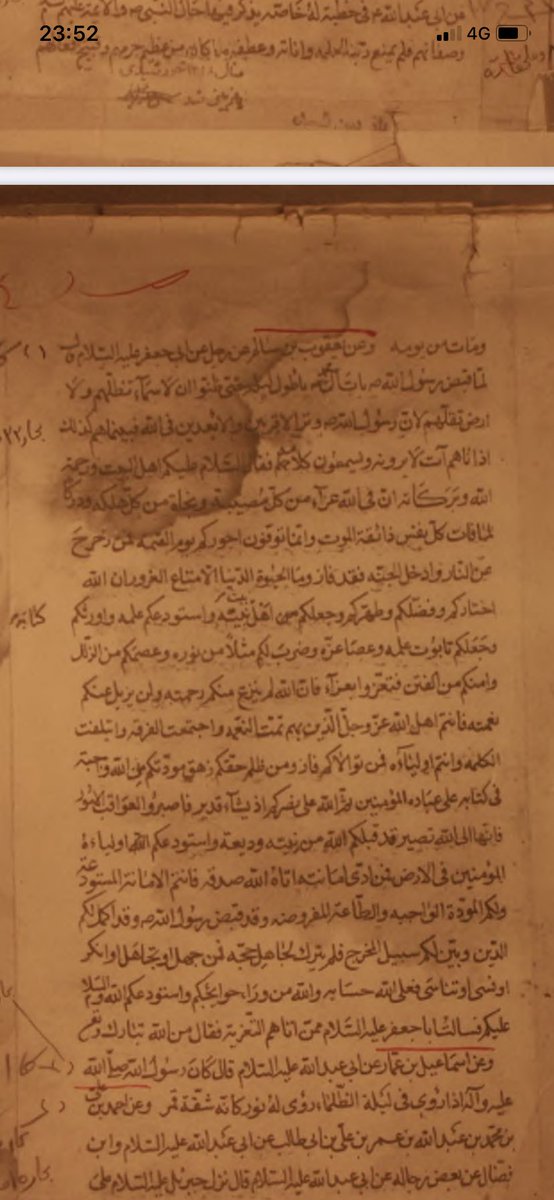
None of #Plato dialogues were fully translated into Arabic or Persian in the classical period - and on that we have ‘Abd al-Rahman Badawi’s classic study - a short thread on #Persian translation 1/ 

The lives of the two modern #Persian translators of #Plato can be rather instructive on the nature of modern #iranian intellectual history 2/
The first of these was Mahmud Sana’i (1918-1985) who attended Alborz College, later studying philosophy and literature at Tehran University and then doing a PhD in psychology in #London 3/ 

He published three sets of translations of 3, 5, and 6 dialogues in the late 1950s as a professor at Tehran University where he was also politically active 4/ 







All of these translations were in recent years reprinted by Entesharat-e Hermes 5/
He contributed extensively on Persian literature and history in the major journals of Tehran university but later after the revolution he eventually committed suicide in London in 1985 6/
In his case translation was related to his literary tastes and engagement with British academic culture 7/
The second translator was Muhammad Hasan Lutfi (1918-99) who was born in Tabriz and studied law at Tehran university 8/ 

During WW2 he received a #Humboldt scholarship to study for a PhD in law at Göttingen - but at the end of the war he was stuck and only completed his doctorate with the help of the Red Cross 9/
He returned to Iran in 1947 and became politically involved in the oil nationalisation movement 10/
In fact his turn towards becoming the leading specialist on Ancient Greek thought was linked to his support for #Mossadegh in 1953 publishing a translation of #Apology as a critique of his trial 11/
Soon after in 1958 he published a complete translation of the works of Plato in four volumes followed by the pseudo-Platonic corpus many years later in 1988 12/ 

He also translated Werner Jaeger’s classic Paideia in 1997 in three volumes and Greek Thinkers of Theodor Gomperz (1832-1912) in 1996 13/ 







The choice of these works makes sense within the context of his study in Germany in that wartime period although publishing Gomperz in 1990s seems odd 14/ 

Nowadays Gomperz is better known through his wife Elise who was one of Freud’s subjects 15/
Later Lutfi published translations of Plotinus’ Enneads and the Metaphysics and Nicomachean Ethics of Aristotle in the 1980s and 1990s 16/ 



Another interesting element of his work is the confluence of Greek thought and philosophy/psychiatry in his translations of Karl Jaspers (1883-1969) in the 1980s 17/ 







Lutfi’s interests follow from his training but his choices tell us something about the development of the humanities, philosophy and related fields in post-revolutionary #Iran 18/
• • •
Missing some Tweet in this thread? You can try to
force a refresh





